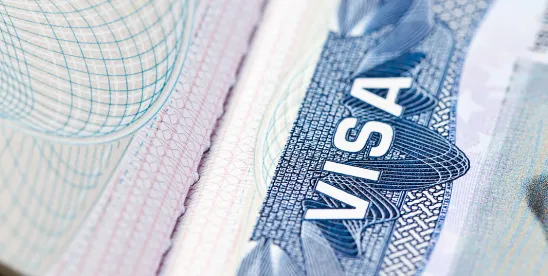Understanding the financial impact of the latest immigration reforms on asylum seekers, visa applicants, and mixed-status families
On July 4, 2025, President Donald Trump signed into law H.R.1 – The One Big Beautiful Bill Act, a sweeping overhaul of the U.S. immigration system that dramatically increases enforcement funding, tightens entry pathways, and—crucially—raises or introduces new immigration-related fees across nearly all categories.
Supporters call it a long-overdue modernization of border policy. Critics argue it places undue financial pressure on low-income immigrants and asylum seekers. This post explores the new and increased fees introduced by the legislation and how they reshape access to immigration relief in the United States.
Key Fee Increases and New Charges Under H.R.1
1. Asylum Application and Legal Processing
- New Asylum Application Fee: $1,000
Previously free, this fee now applies to all new asylum filings. - Annual Pending Asylum Fee: $100/year
Even if an application is still pending, this recurring cost applies until adjudication. - Work Authorization (Form I-765) for Asylees: $550
A significant increase from previous costs of ~$410. - Appeal/Motion Filing Fee: $900
Up from under $120, this fee applies to legal motions or appeals in immigration court.
2. Humanitarian Relief Categories
- Humanitarian Parole Entry Fee: $1,000
For individuals seeking urgent entry under parole authority. - Temporary Protected Status (TPS) Application Fee: $500
Introduced to offset processing and security vetting costs.
3. Green Card and Adjustment Fees
- Adjustment of Status (Green Card): $1,500
Up from ~$1,225 when bundled with biometrics and EAD. - Waiver of Inadmissibility (I-601): $1,050
Previously under $930; applies to individuals seeking to overcome inadmissibility barriers.
4. Visa and Entry-Related Fees
- Visa Integrity Fee (All Categories): $250
A new surcharge for all visa types, supporting fraud detection and enforcement. - I-94 Arrival/Departure Fee: $30
Introduced for administrative tracking and data integration.
5. Penalties for Undocumented Presence
- Failure to Appear / Entry Without Inspection: $5,000
A non-waivable penalty for immigration violations, enforced by ICE with limited discretion.
6. Remittance Transfer Tax
- 1% Tax on Money Transfers
Applies to outbound remittances sent via non-bank institutions like money services or wire agencies.
Reactions and Consequences
Supporters Say:
- The fees make USCIS self-sufficient and reduce taxpayer burden.
- Increased costs discourage fraudulent filings and abuse of humanitarian systems.
Critics Argue:
- New charges put immigration relief out of reach for low-income individuals and families.
- The asylum and parole fees violate international humanitarian principles.
- Fee hikes are regressive and disproportionately affect Black, Brown, and Global South immigrants.
Who Is Most Affected?
- Asylum Seekers: Previously fee-exempt, now face thousands in recurring charges.
- Mixed-Status Families: U.S. citizen children may be affected if parents cannot afford status adjustments.
- Humanitarian Applicants: TPS, DACA, and parole applicants now face costly new hurdles.
- Small Remitters: Individuals sending money abroad now lose 1% to the federal government.
Policy Outlook
While the revenue from these fees is intended to help fund the bill’s $170 billion enforcement apparatus, the estimated $1.2 billion in projected collections over ten years remains modest in comparison. The broader question is ethical: Should humanitarian relief and legal protections be tied to one’s ability to pay?
Conclusion
H.R.1 may reshape the American immigration system, but it does so with a financial barrier that many argue is both unnecessary and unjust. As these changes begin to take effect, legal service providers, advocacy organizations, and affected families are bracing for a wave of new challenges—and preparing for the legal and legislative fights to come.




 />i
/>i

